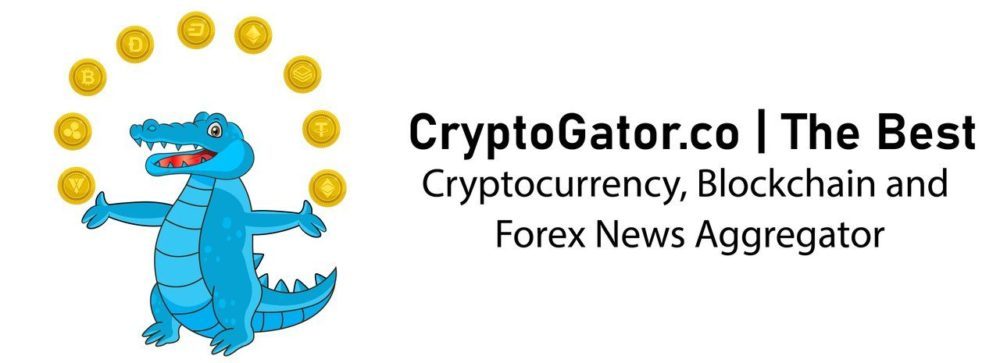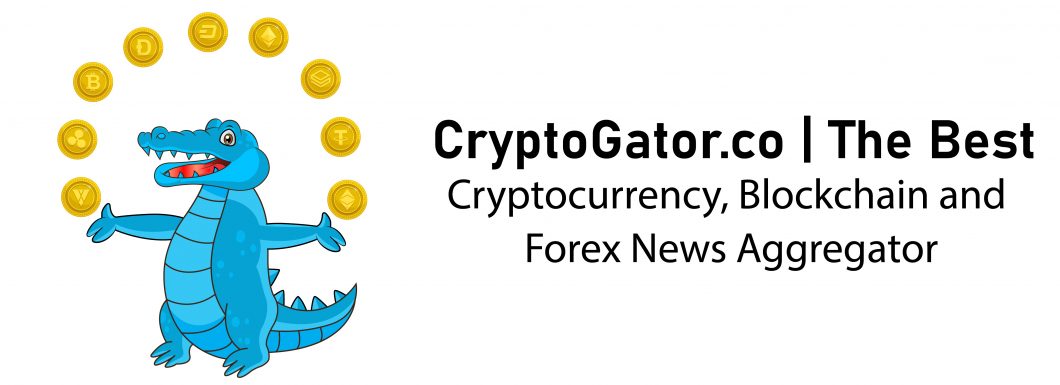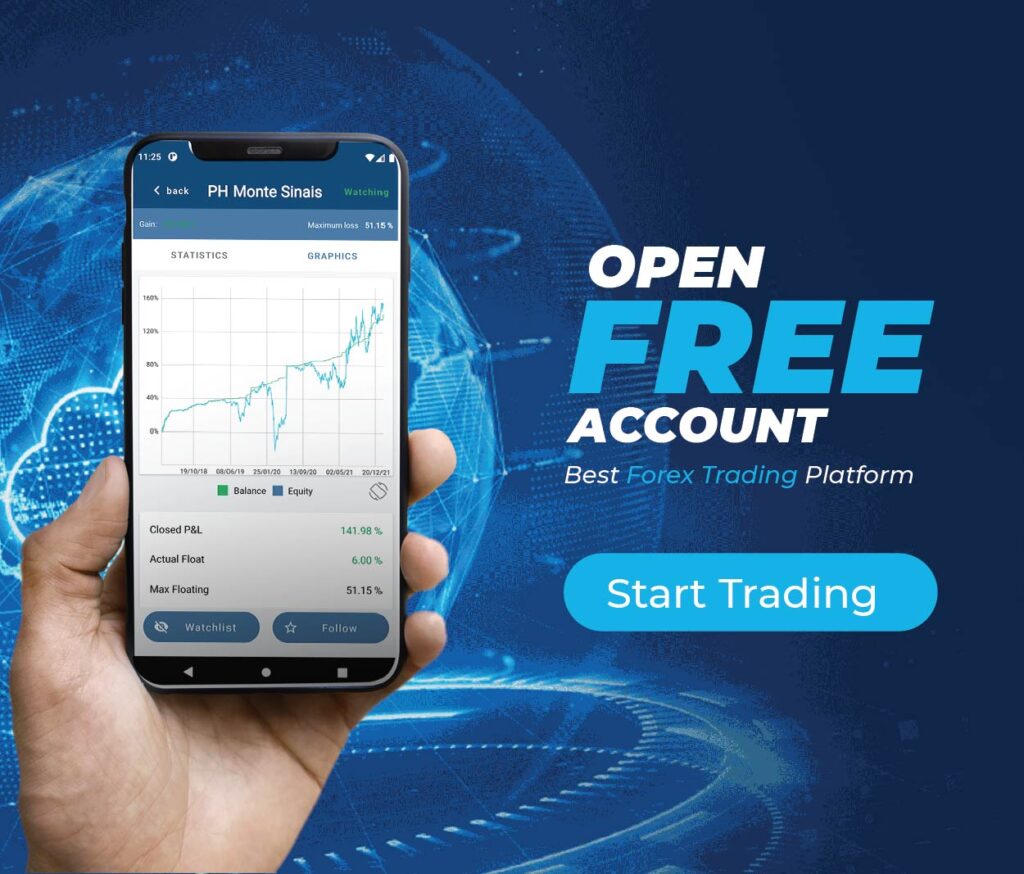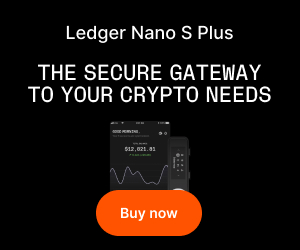<p>Albeit the world is aggressively progressing toward a digital economy, millions of people and communities lack even the most basic amenities. In Sub-Saharan Africa, for example, over 80 million adults remain unbanked and have to resort to cash for all transactions. Whereas the Middle East and North African region count for about 20 million adults with no bank accounts, including 10 million in the Arab Republic of Egypt, according to the <a href=”https://globalfindex.worldbank.org/”>Global Findex 2021 database</a>.</p><p>Government policies promise to bring about financial inclusivity, but the results are null to disappointing. The vulnerable and underprivileged sections of society still have no access to financial services such as banking, insurance, equity products, etc. Bill Gates, the co-chair of the Bill and Melinda Gates Foundation, once said, “The world must build a more inclusive and resilient economy and provide a gateway to prosperity for billions of people.” </p><p>In the endeavour to elevate financial inclusion, blockchain technology sparks a new ray of hope for the underserved community. </p><p>How is blockchain revamping the game?</p><p>The question is ‘how?’ (i) Blockchain facilitates the account opening process. (ii) Blockchain is immutable and reinforces trust. (iii) It addresses the issue of high fees, etc. Listed below are some innovative blockchain projects aiming to accelerate the marginalised inclusion and socio-economic growth.</p><p>Fuse partners with ChromePay to bolster financial inclusivity in Sub-Saharan Africa</p><p>In Sub-Saharan Africa, the lack of an identity document—to date—remains a barrier against achieving financial inclusion, per the Global Findex 2021 database. Note that nearly 30% of adults lack identification documents. However, to cure the problem, WEB 3 has given impetus to a novel decentralised identity service, also known as DID. DID enables people to control their own digital identity without depending on any centralised or certified authority.</p><p>Fuse, a WEB 3 payments platform has partnered with ChromePay, an identity-based payment solution, to bolster financial inclusivity in Africa. The alliance centers around ChromePay’s decentralized identity service, or DID, which the companies claim will enable millions of Africans lacking identity documents to participate in the WEB 3 economy. Wielding the Fuse blockchain, ChromePay will provide users with numerous digital financial services.</p><p>Shariah-compliant blockchain to bolster the Global Muslim Community </p><p>The goal of halal blockchains is to build financial systems that would abide by Islamic views and traditions on finance, and therefore unlock access to financial services for the 2-billion Muslim community worldwide. One of such networks is Haqq – Arabic for “truth”. It aims to bolster innovations and sustainable long-term growth via a dedicated DAO and Dapps on it. </p><p>
According to its documentation, 10% of the issued amount of its native cryptocurrency is deposited into the Evergreen DAO each time a new coin is minted. Moreover, this DAO is governed by network participants. With the motive of bringing direct economic value to the community, the Evergreen DAO either invests in Islamic Internet projects or donates deposits directly to Islamic charities.</p><p>Halal blockchain of South-East Asia ensures Food authenticity</p><p>Islam is experiencing rapid growth in terms of population. <a href=”https://www.pewresearch.org/”>Pew Research Center</a> (2018) claims Islam will expand as the world’s largest religious group in the looming fifty years. While the growing population has spurred the demand for Halal food, there is persistent stress in the community regarding Halal food authenticity. However, Sreeya an Indonesia-based major poultry industry player, pledged to diminish this stress.</p><p>In 2020, Sreeya collaborated with blockchain-based company HARA and data analytics firm Dattabot to implement a blockchain-based traceability system. The cultivation of a traceability system enabled consumers to trace the entire journey of the poultry at the slaughterhouse, thus stimulating customer confidence in the Halal process. Unsurprisingly, Sreeya also received a Halal certification.</p><p>Digital Revolution accelerates financial inclusion</p><p>“The digital revolution has catalysed an increase in the access and use of financial services across the world, transforming ways in which people make and receive payments, borrow, and save,” said World Bank Group President David Malpass. </p><p>The advent of WEB 3 and the widespread adoption of blockchain undoubtedly illustrates a bullish and novel option for financial inclusion of the unbanked, underbanked and unserved, allowing them to engage freely with the global economy.
</p>
This article was written by Mohammed AlKaff AlHasmi at www.financemagnates.com.



